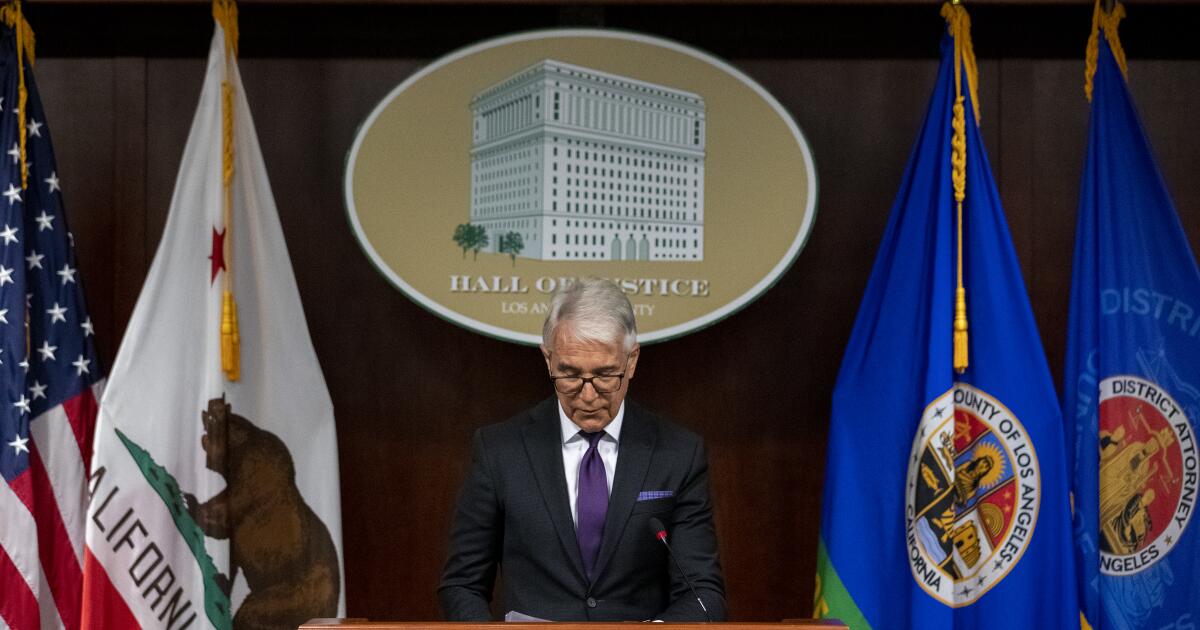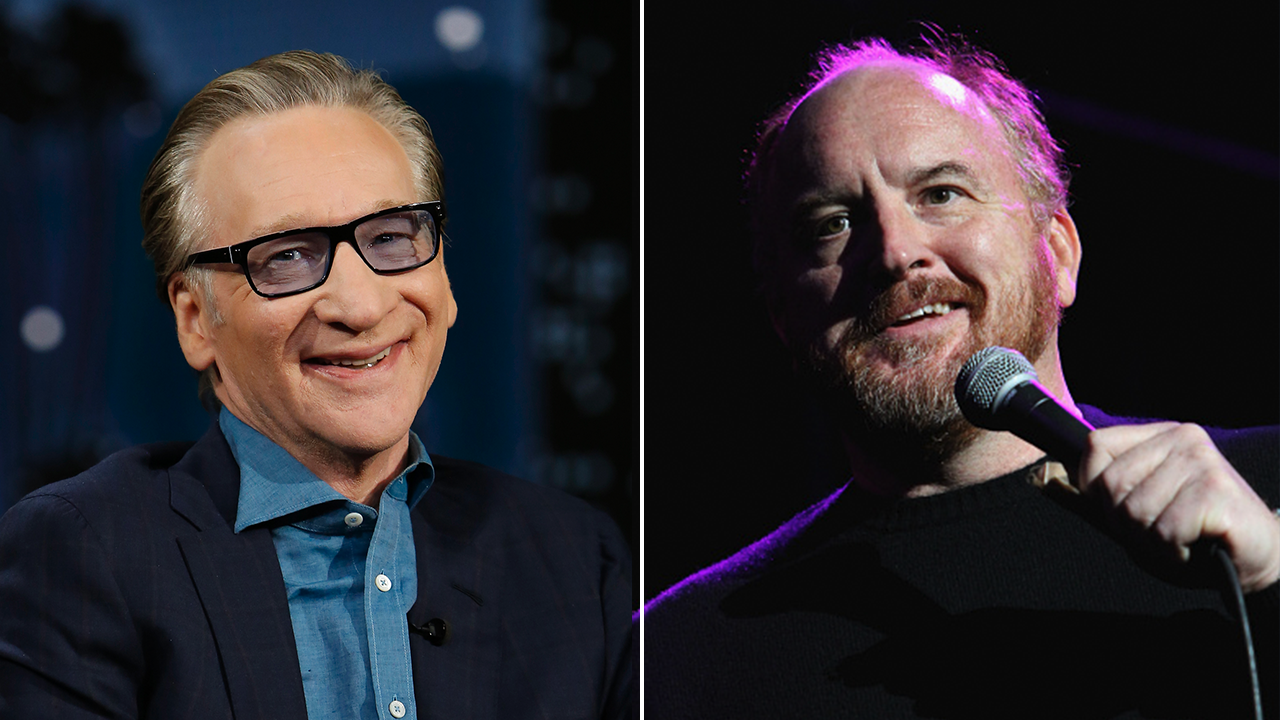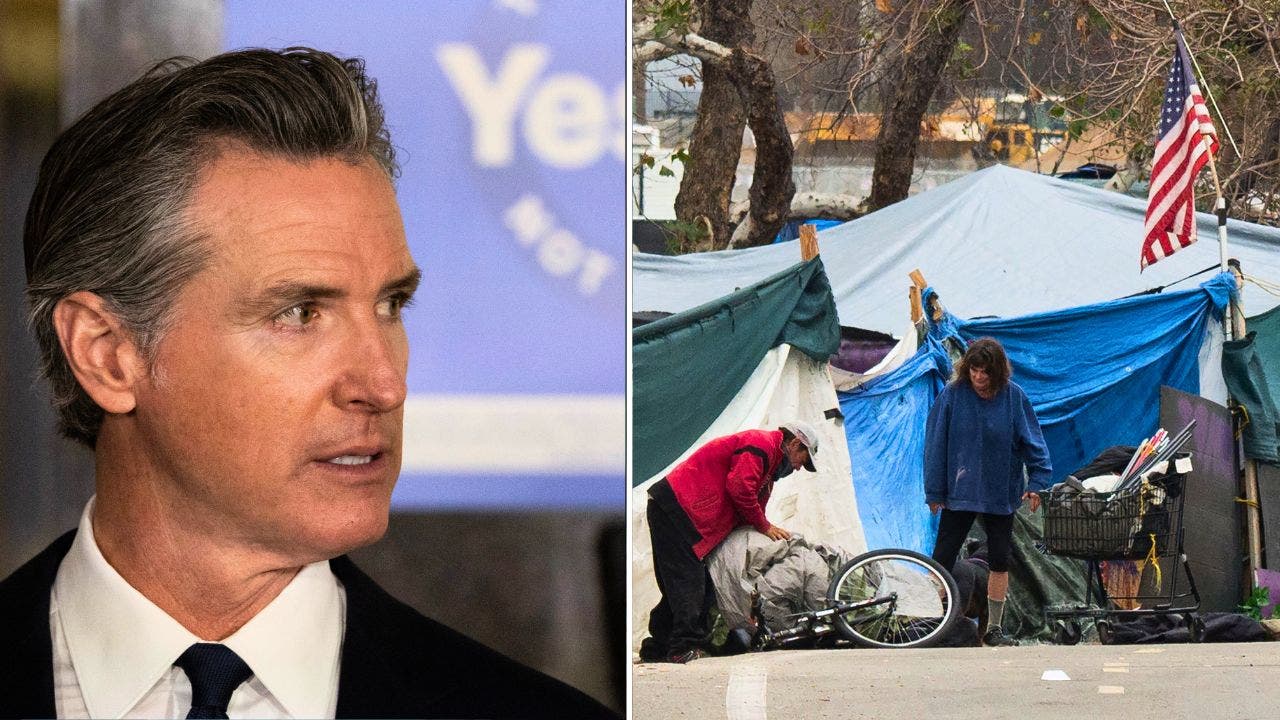California will take a major step in its fight to protect children from the evils of social media with Gov. Gavin Newsom signing a bill to limit the ability of companies to provide “addictive feeds” to minors.
The governor’s office said Newsom will sign Senate Bill 976, called the Protecting Our Children from Social Media Addiction Act and introduced by state Sen. Nancy Skinner (D-Berkeley), on Friday. The bill was supported by state Attorney General Rob Bonta and groups including the California Association of School Administrators, Common Sense Media and the California chapter of the American Academy of Pediatrics.
Newsom's wife, First Lady Jennifer Siebel Newsom, is also outspoken about the links between social media consumption and low self-esteem, depression and anxiety among young people.
The legislation attracted an unusual group of opponents, including the American Civil Liberties Union of California, Equality California and associations representing industry giants that own TikTok, Instagram and Facebook. The California Chamber of Commerce argued that the legislation “unconstitutionally restricts” access to legal content, raising the possibility of another lawsuit in an ongoing court battle between the state and social media companies over children’s use of the platforms.
“Every parent knows the harm that social media addiction can do to their children: isolation from human contact, stress and anxiety, and endless hours of late-night use,” Newsom said. “With this bill, California is helping protect children and teens from purpose-designed features that fuel these destructive habits.”
The bill, which will take effect on January 1, 2027, with Newsom’s signature, prohibits internet services and apps from providing “addictive feeds” — defined as media content curated based on information collected or provided by the user — to minors without parental consent. SB 976 also prohibits companies from sending notifications to users identified as minors between midnight and 6 a.m. or during the school day from 8 a.m. to 3 p.m. unless parents give the go-ahead.
The bill would require companies to make posts from people children know and follow appear in chronological order on their social media channels, rather than in a way that maximizes engagement. Proponents of the bill point to warnings from U.S. Surgeon General Vivek Murthy and others about a mental health crisis among young people, which studies show is exacerbated by social media use.
“As a mother, I am proud of California's continued leadership in holding tech companies accountable for their products and ensuring that they are not harmful to children. I thank the Governor and Senator Skinner for taking a critical step to protect children and ensure that their safety is prioritized over corporate profits,” said Siebel Newsom.
The industry has argued that it is false to assume that feeds curated by an algorithm are harmful but that a chronological feed is safe. The ACLU also argued that age verification raises potential privacy concerns because it could require the collection of additional user data that could be at risk in the event of a security breach and because it could threaten the First Amendment rights of people who cannot verify their age.
Several LGBTQ+ youth advocacy groups suggested the bill could limit young people’s ability to participate in platforms that offer emotional support for their identities, particularly for children who live in communities that might be hostile to their identity. Giving more control to parents could also result in them choosing environments that share sensitive information about the child, the groups said.
The bill marks the latest action in a battle between the state government and social media companies that is playing out in the California Legislature and court system over children's use of platforms.
In October, Bonta’s office filed a lawsuit along with 32 other states against Meta, the parent company of Facebook, Instagram and WhatsApp, alleging the company specifically designed apps to create addiction among young users while misleading the public about adverse effects.
A bill that failed last year in the California Legislature would have held social media companies liable for up to $250,000 in damages if they knowingly promoted features that could harm children. Parts of a 2022 law that sought to require companies to provide privacy protections to children have also been blocked in court.












